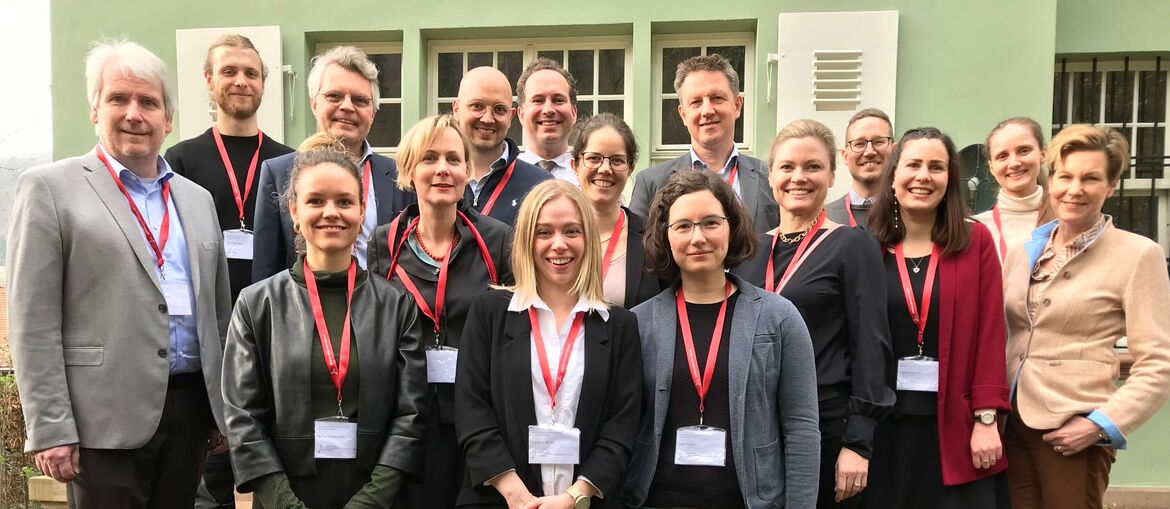
18.12.2024
Stefanie Järkel reports on NEW_LIVES screening criteria in SZ.
Read ArticleSince the late 1960s, virtually all newborns in Germany have been standardly tested for a number of rare but severe diseases, since a timely diagnosis and treatment of these diseases significantly improves their prognosis. Thousands of young patients have profited from Germany’s newborn screening program. In part, its success is also due to the program’s continued development, which led to the inclusion of further target diseases and new methods of analysis. The maturation of new genomic technologies now offers the opportunity to expand newborn screening once again and in particularly significant ways. At the same time, such an expansion would come with considerable medical, ethical, legal, and social challenges.
Is genomic newborn screening (gNBS) a reasonable option for Germany? How can we realize the significant health benefits offered by the new technologies and at the same time minimize potential risks for everyone involved? Our interdisciplinary research group “NEW_LIVES: Genomic NEWborn Screening Programs – Legal Implications, Value, Ethics and Society” aims to address these questions. Generously funded by the German Federal Ministry of Education and Research, NEW_LIVES joins researchers from five different disciplines at Heidelberg University Hospital, the Heidelberg University Faculty of Medicine, and the University of Mannheim and is carried out in close consultation with representatives of patient organizations.
On this website, we would like to inform you about the opportunities and challenges of a potential genomic newborn screening program and the research conducted in our five subprojects.

NEW_LIVES Project Partners at the conference “Towards Genomic Newborn Screening in Germany” in March 2024 at the Internationales Wissenschaftsforum Heidelberg (IWH).

18.12.2024
Stefanie Järkel reports on NEW_LIVES screening criteria in SZ.
Read Article
16.12.2024
Public NEW_LIVES talk with Prof. Dr. Janbernd Kirschner (Freiburg/SCREEN4CARE).
Abstract: SCREEN4CARE is an Innovative Medicines Initiative project funded by the European Union, aiming to accelerate the diagnosis of rare diseases through two central pillars: genetic newborn screening and digital technologies. The genetic newborn screening seeks to supplement existing newborn screening programs by incorporating advanced genetic technologies. For inclusion in the screening, we selected genetic diseases based on six key criteria: treatability, clinical validity, age of onset, disease severity, penetrance, and genetic feasibility. This selection process involved an automated scoring system followed by expert review. The final set of 245 genes will be presented. Additionally, the concept of screening for a broader set of diseases considered ACTionable will be discussed. The TREATpanel will be tested in approximately 20,000 newborns, contributing to the growing body of evidence for the implementation of next-generation sequencing (NGS) in newborn screening programs.
Read Article